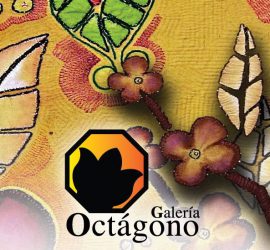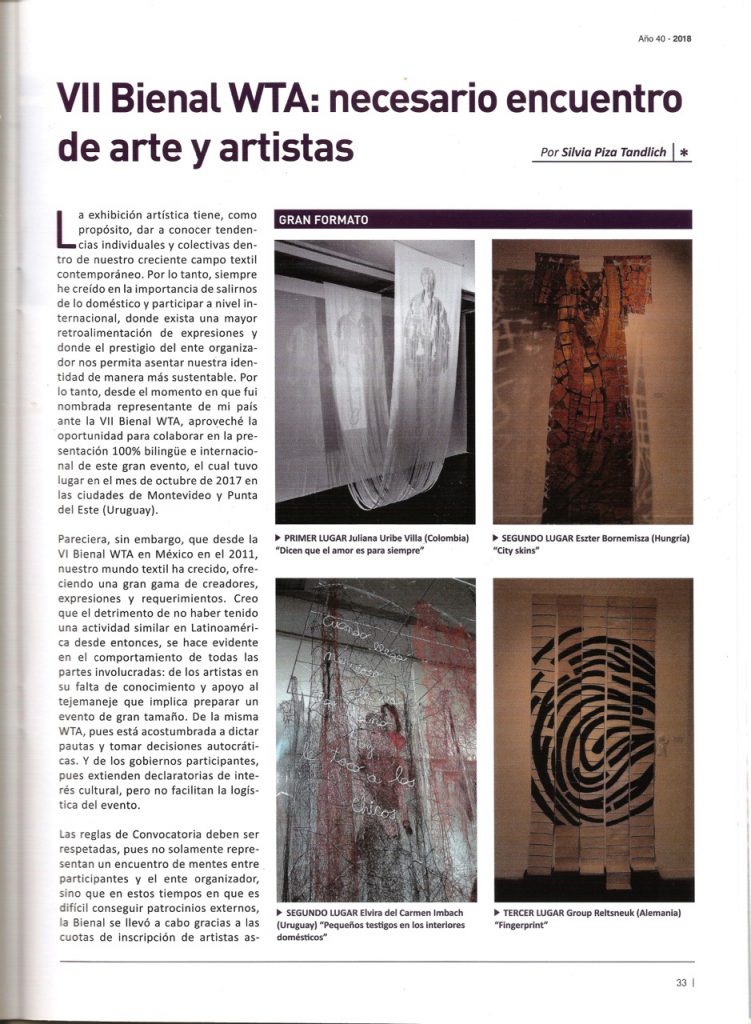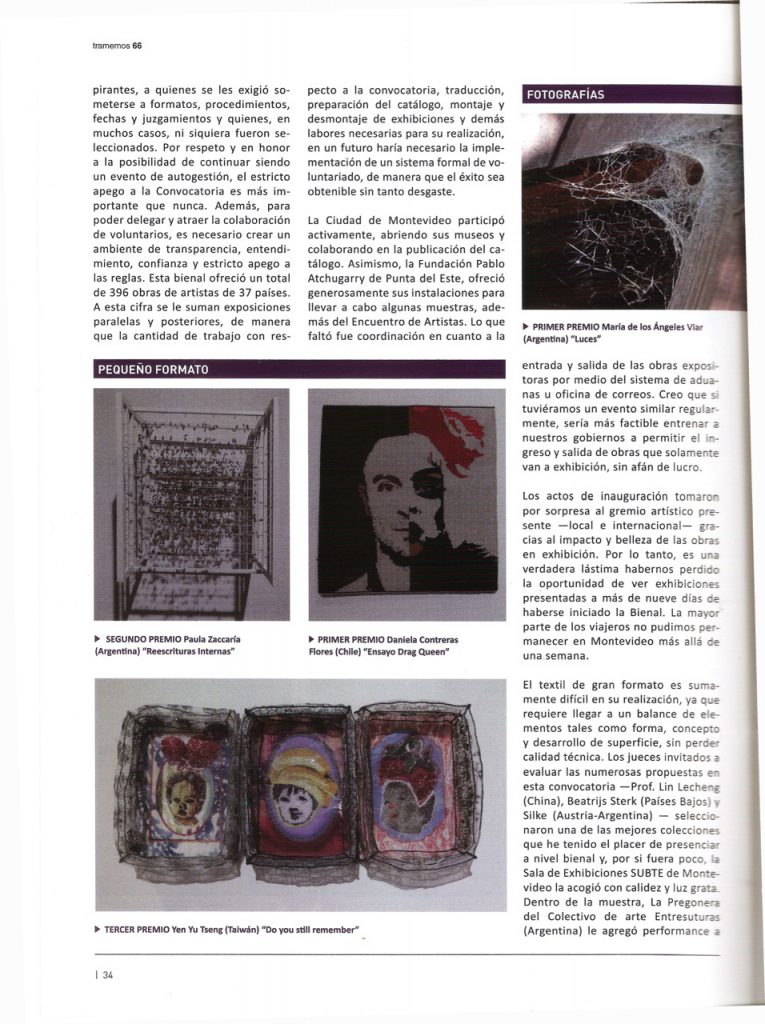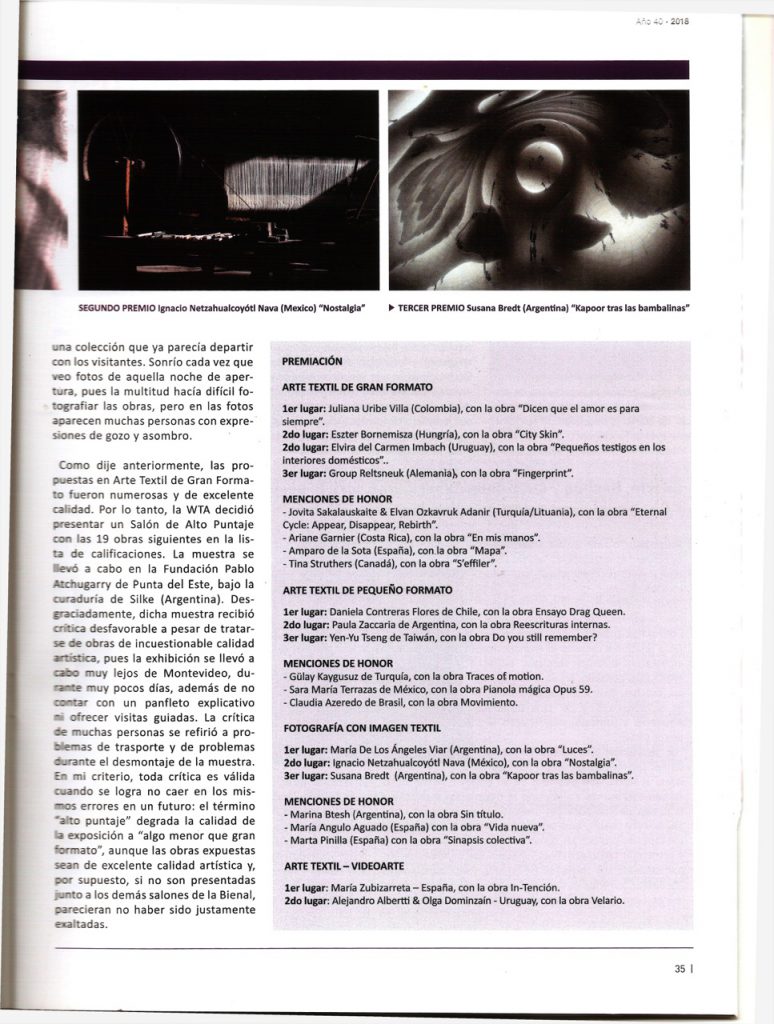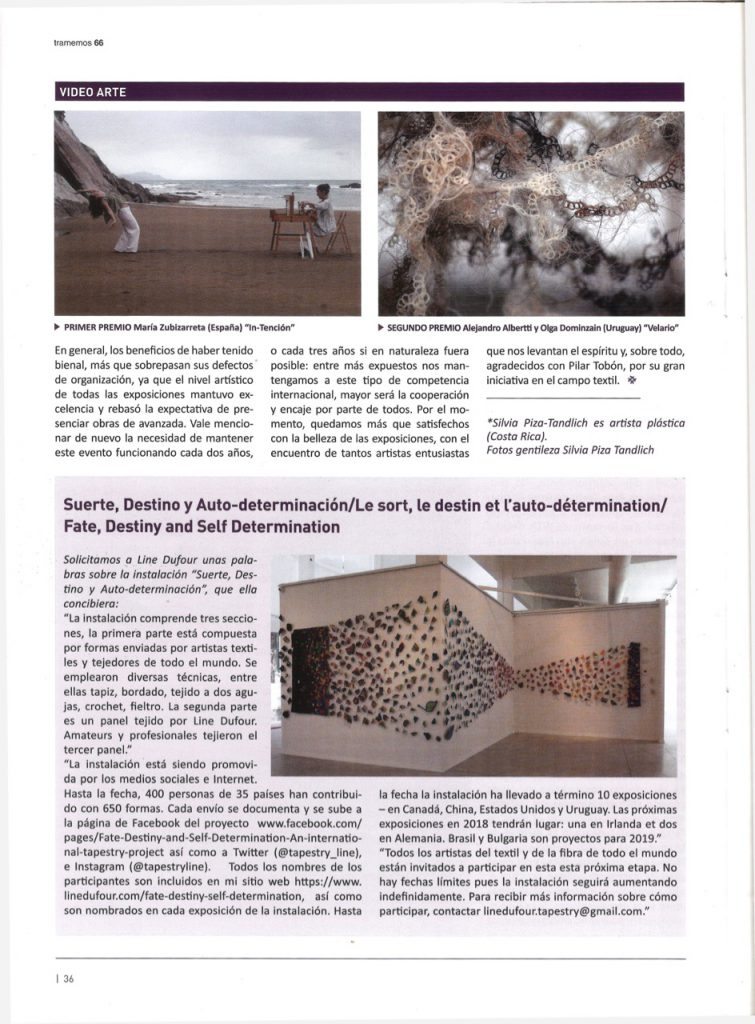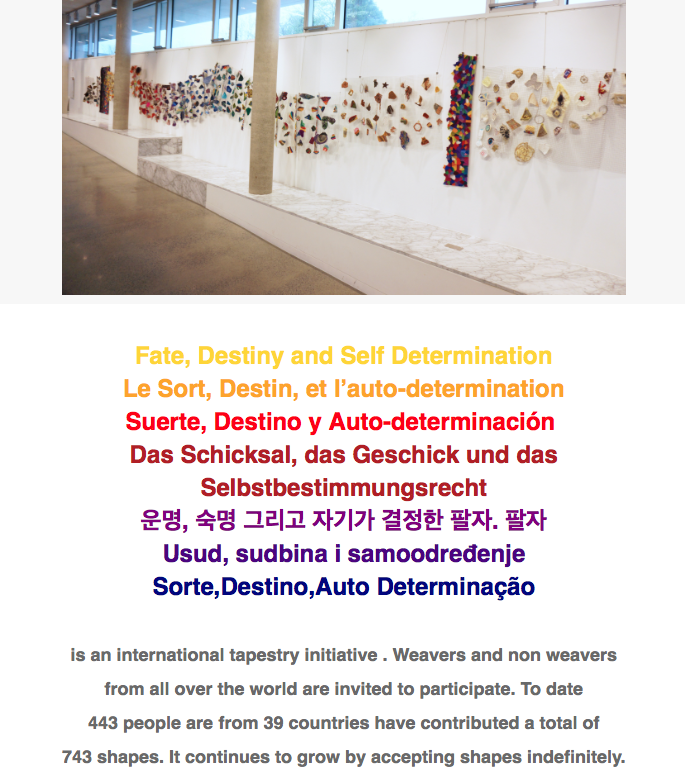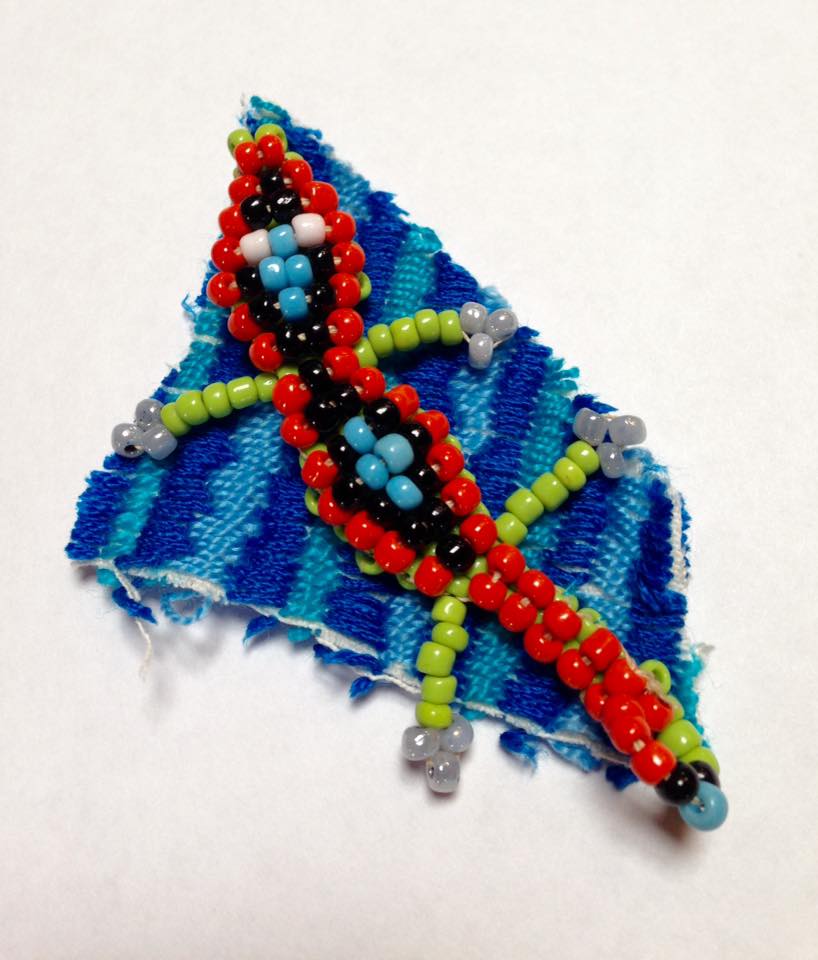UNDERSTANDING LOW SELF-ESTEEM / ENTENDIENDO LA BAJA AUTOESTIMA
Considerando la separación de tantos años, el súbito encuentro resulta provechoso a pesar de sí mismo: no porque no me encantara saludarla de nuevo, sino porque vuelve a desaparecer.
Sin darse cuenta de que el esfuerzo de encuentro es parte del esfuerzo de búsqueda, logra erguir un muro que nos separa de circunstancias que ya conozco y que nunca relató. Siempre tuvo ventaja y lo sabía y se aprovechó de ello.
El rechazo duele, especialmente en jóvenes cuya baja autoestima les convierte en víctima de sí mismi. La realidad es que el término <empoderar>: “adquirir fuerza para ignorar lo malo y continuar el camino agarradi de lo bueno”, no funciona sin la oportunidad de entender y enfrentar circunstancias inherentes.
Así que, hasta luego y buena suerte. Ahora entiendo mejor lo que antes no podía comprender. Gracias por la oportunidad.
¡Todis necesitamos empoderarnos! Y llega el día en que ya no tiene ventaja y lo sigue sabiendo, pero no se puede aprovechar de otras personas.
Considering the separation of so many years, the sudden encounter proves to be useful in spite of itself—not that I didn’t like to hallo a person so dear and admired for such a long period of time, but the running away continues…not realizing that the effort to find, is part of the effort to search. The wall goes up separating us from untold circumstances we already know. And she knew she she had an advantage, and she used it.
Rejection hurts, especially in a youngster whose low self-esteem turns herhím in a victim of herhimsélf. The reality is that the term <empower>: “to acquire strength to ignore the bad, and move on holding onto the good,” doesn’t work without the opportunity to understand and confront inherent circumstances.
So…so long and good luck. Now I understand what I couldn’t comprehend before. Thank you for that opportunity. She’s not in a position of advantage nor is she the boss, and she knows it. We all need empowering!
Se necesita fantasía – Fantasy needed
A veces hay que recoger energía de lugares recónditos, imaginarios, o inventados.
Hacer uso de la fantasía es un recurso que nos permite soñar, y soñar nos alimenta nuestras metas a nivel subliminal; también alimentando nuestra capacidad de atraer y seducir.
A veces necesitamos escapar de la realidad y, para tal efecto, echamos mano de cualquier recurso a nuestro alcance: un libro, una pieza musical, una película, incienso, flores, una taza de café o una copa de vino…todos recursos que estimulen nuestros sentidos.
En Octágono usamos trucos similares para estimularnos, pero a la vez, desarrollamos más y más destrezas manuales, sin depender de máquinas para trabajar.
El trabajo a mano es la mejor recompensa a la imaginación, el diseño y la creación, donde el ritmo de cada creador se convierte en legado personal.
Sometimes you have to gather energy from remote, imaginary, or invented places.
Making use of fantasy is a resource that allows us to dream, and dreaming nurtures our goals at the subliminal level—also nurturing our capacity to lure and seduce.
Sometimes we need to escape from reality and, for that purpose, we make use of any resource within our reach: a book, a piece of music, a movie, incense, flowers, a cup of coffee or a glass of wine … all resources that stimulate our senses.
At Octágono we use similar tricks to stimulate us, but at the same time we develop more and more manual skills, without relying on machines to work.
Hand work is the best reward for imagination, design and creation, where each creator’s rhythm turns into personal legacy.
Fate, Destiny and Self-determination
Participando en la colaborativa internacional Suerte, Destino y Autodeterminación.
VII Bienal WTA de Arte Textil Contemporáneo, Uruguay.
Participating in the international collaborative: Fate, Destiny and Self-determination.
7th WTA Biennial of Contemporary Textile Art, Uruguay. Oct. 5 – Nov. 11, 2017.
Silvia Piza-Tandlich. “Macho”. Embroidery on cotton, wire/bead sculpture. 7 X 6 X 7 X 3 cm.
“Macho”. Bordado en algodón, escultura de alambre/alaborios. 7 X 6 X 7 X 3 cm.
“Puño ‘e mono” (Monkey Fist). Silvia Piza-Tandlich. Cross-stitch and crochet on canvas, with yarn money-fist knot. 7 X 6 X 3 X 4 X 7 cm.
Puntada de cruz y crochet sobre esterilla, con nudo puño de mono. 7 X 6 X 3 X 4 X 7 cm.
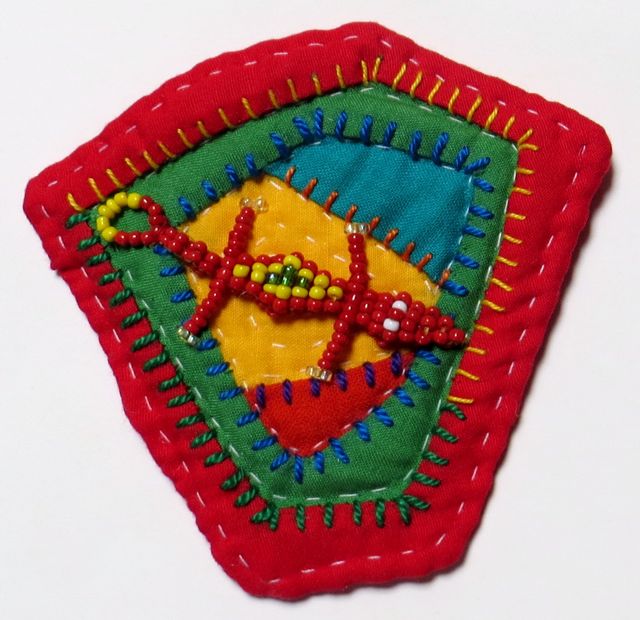
“Croco”. Quilt a mano, escultura de alambre/alaborios. 7 X 6 X 5 X 4 X 3 cm. Esta pieza fue robada durante exhibición en el Museo Textil de San Jose California.

